
System Designer (SYD)
Francis Tseng (@frnsys) & Fei Liu (@binaricorn)
- An open-source simulation toolkit and conceptual framework
- to make
- complex systems thinking (how did we get here?)
- and the simulation of alternative worlds (where can we go?)
- more accessible to designers, activists, urban planners, social entrepreneurs, and technologists.
Humans of Simulated New York
A participative & speculative economic simulation based on New York Census data, created during a one-month residency at DBRS Innovation Lab
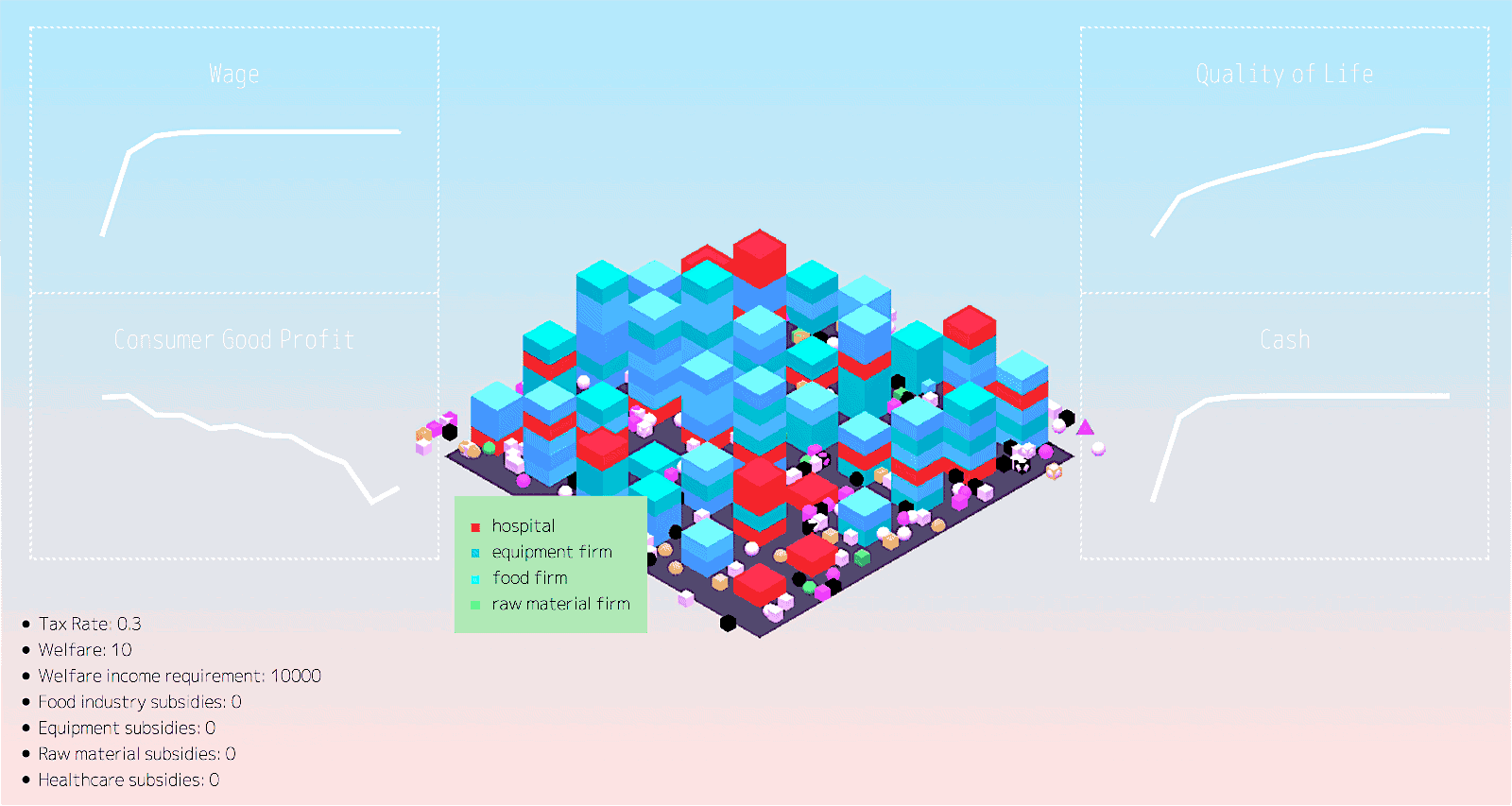
Can we breathe life into data?
New York City American Community Survey data spanning 2005-2014

data about human phenomenon:
experiences → numbers
can we do the reverse?
experiences ← numbers
what "experience generators" already exist?
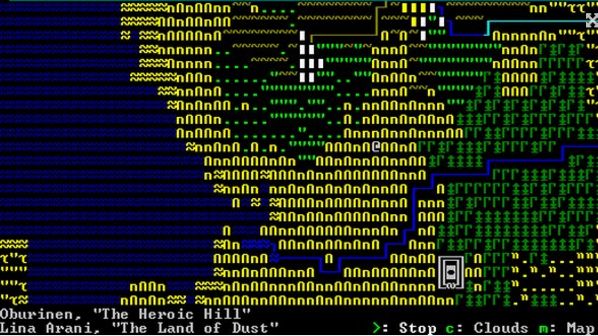
Gameplay
players parameterize the world according to their preferences of how the world should function
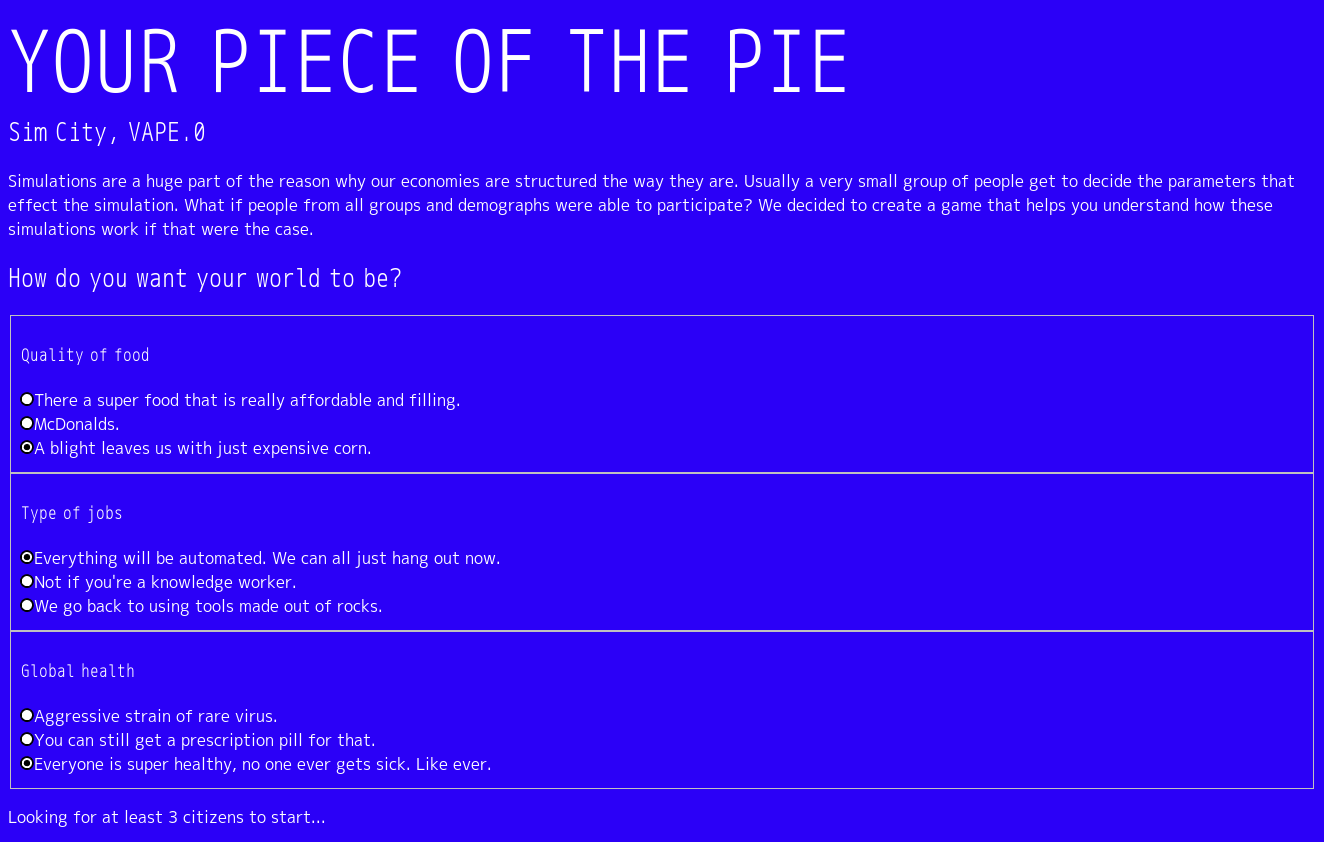
e.g. dystopia, utopia, somewhere in between
Start of game = "Veil of ignorance"
Imagine that you have set for yourself the task of developing a totally new social contract for today's society. How could you do so fairly? ...imagine yourself...behind a veil of ignorance....you know nothing of yourself and your natural abilities, or your position in society. You know nothing of your sex, race, nationality, or individual tastes.
The Veil of Ignorance (Ernest Svenson, originally from John Rawls)
assigned a character from this simulated pool
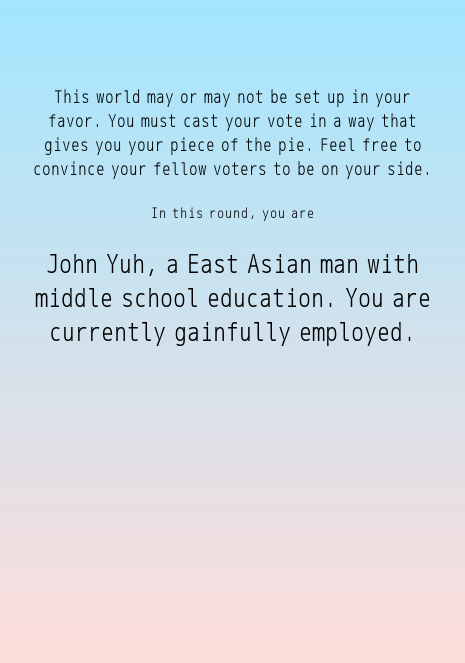
players take turns voting on important issues at the end of each play session
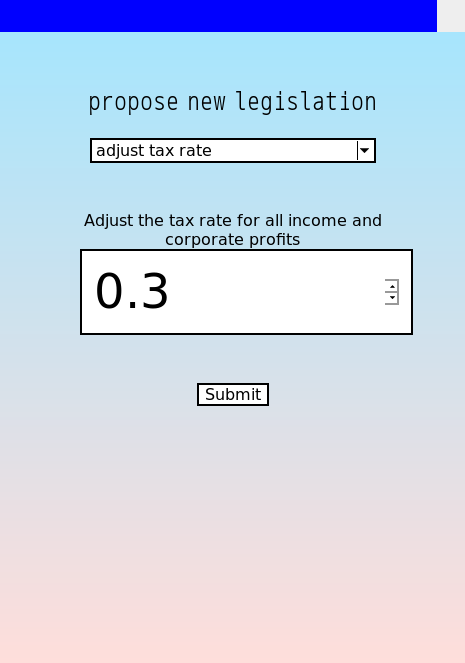
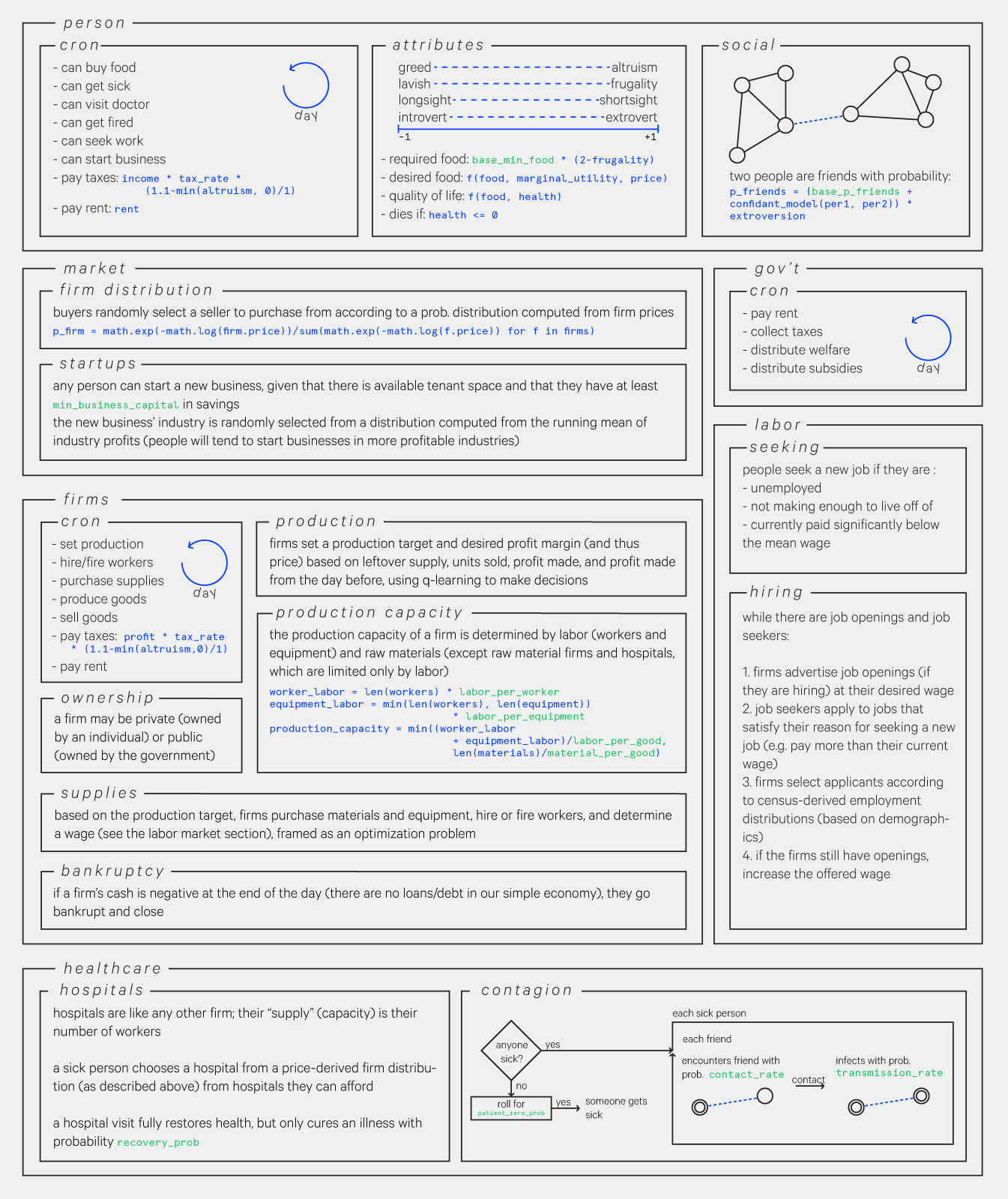
Design & development
To build a world with experiences from the data, we created a system (using agent-based modeling), parameterized it with the data, and let it run.
The city
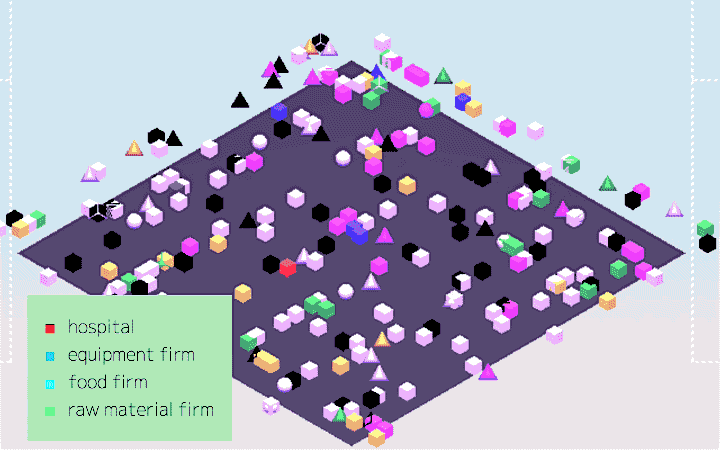
- people are color-coded according to Census-coded race
- used Flatland's hierarchy of shapes (polygon count correlated with economic status)
- building layers are color-coded according to the businesses that occupy them (one layer per business)
Agents in the system
"plausible" simulant generation process:
- gathered individual-level American Community Survey data from IPUMS USA

- trained a Bayes network on the data
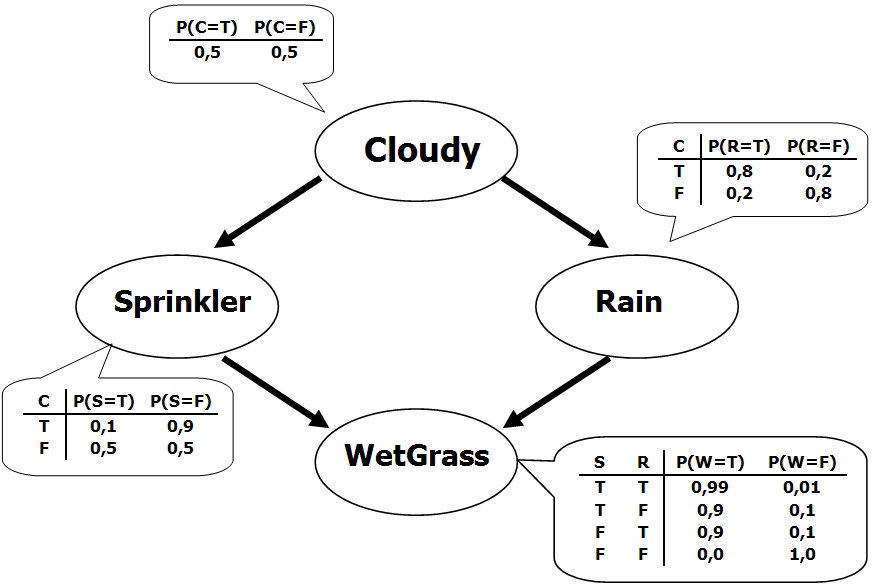
- sample from the Bayes net
from people import generate
year = 2005
generate(year)
{
'age': 36,
'education': <Education.grade_12: 6>,
'employed': <Employed.non_labor: 3>,
'wage_income': 3236,
'wage_income_bracket': '(1000, 5000]',
'industry': 'Independent artists, performing arts, spectator sports, and related industries',
'industry_code': 8560,
'neighborhood': 'Greenwich Village',
'occupation': 'Designer',
'occupation_code': 2630,
'puma': 3810,
'race': <Race.white: 1>,
'rent': 1155.6864868468731,
'sex': <Sex.female: 2>,
'year': 2005
}
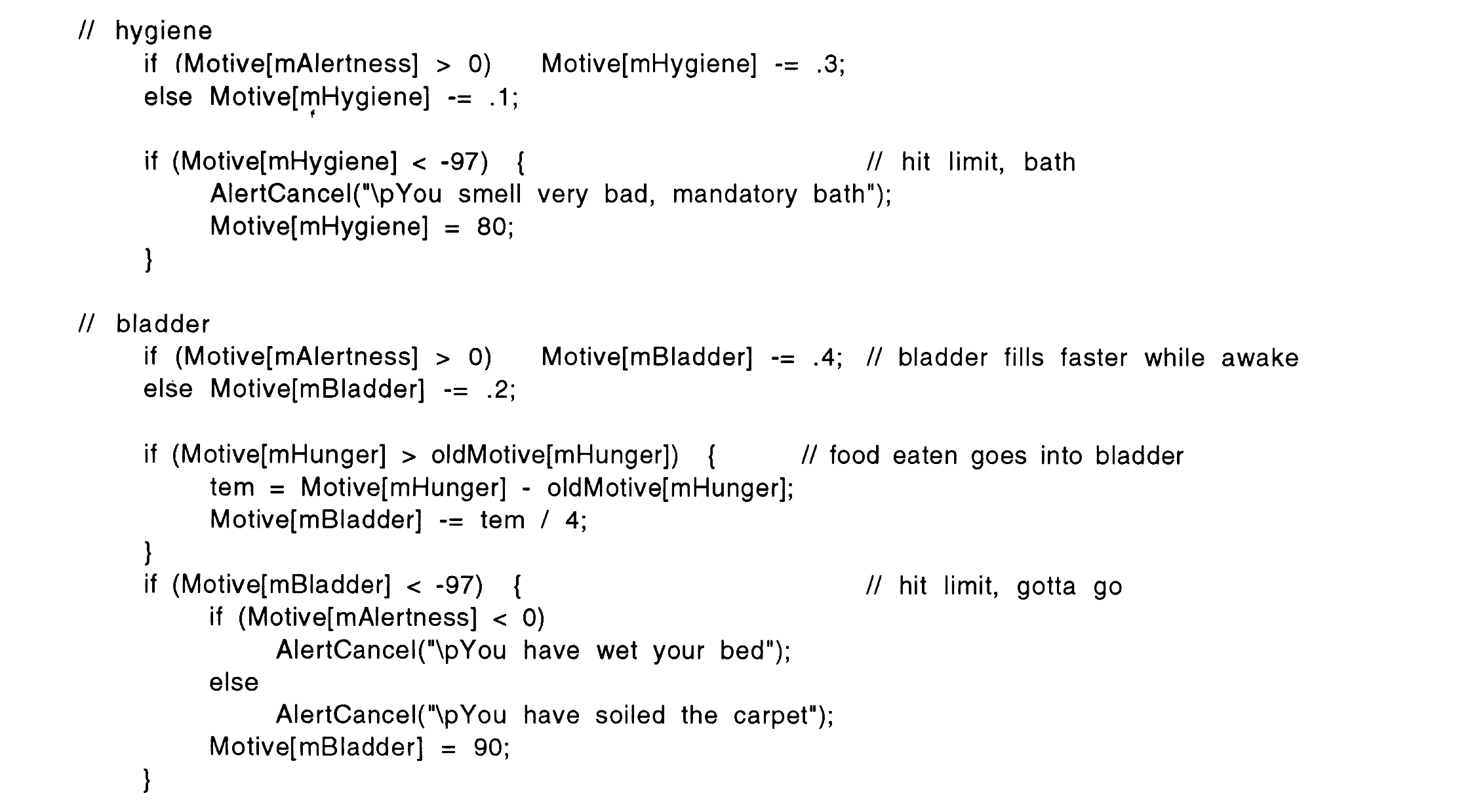
Agent Design
The Soul of the Sims (1997, Will Wright)
Started with super-detailed agents
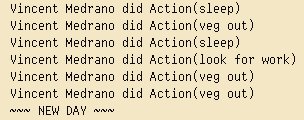
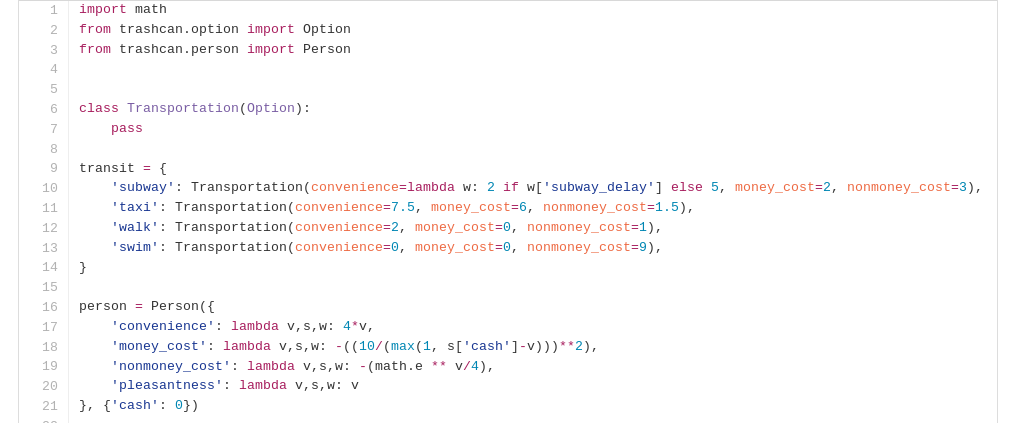
- each individual had their own set of values (utility functions)
- agents set their own goals (e.g. get a job, earn enough to visit the doctor)
- each morning, agents planned their day and tried to finish that plan
but, for faster simulations, went with simpler simulants:
- agents have basic personality traits:
- altruistic vs selfish 👿
- frugal vs lavish 👑
- if they don't have a job, they will try to get one 💼
- if they have enough money, they start a business 📈
- if they go bankrupt, back to the labor force with them 📉
- if they get sick, they won't go to a doctor until:
- they get intolerably sick (varies across individuals) 🌡
- can afford it 💸
- buy food to survive 🍔
- they can starve to death 💀
- buy as much as they want to or can 🛍

Social network formation
simulants become friends with other simulants based on the model in Social Distance in the United States: Sex, Race, Religion, Age, and Education Homophily among Confidants, 1985 to 2004 (Jeffrey A. Smith, Miller McPherson, Lynn Smith-Lovin, University of Nebraska - Lincoln, 2014)
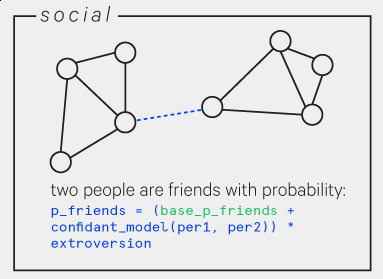
Intelligent agents with Q-learning
- businesses are Q-learning reinforcement agents that learn how to set price (profit margins) and production quantity based on market signals
- try to maximize profit, natch
- government is also a Q-learning agent that sets taxes and welfare
- tries to maximize mean quality of life
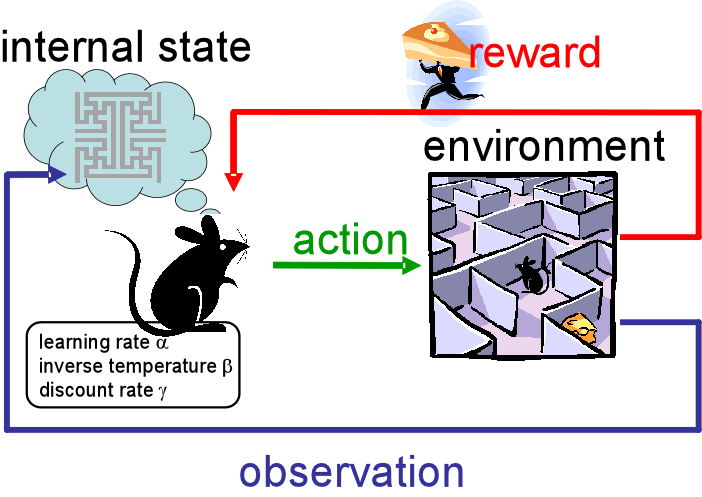
structural inequalities baked into simulation
- agents just as likely to get hired/fired as their real life counterparts (based on real labor statistics)
- starting wealth also based on Census data
what's the point of simulation?
- understanding interconnections between society, ideology, economy, politics = untangling spaghetti code
- experiments "in the wild" = costly and dangerous
- seeing = believing
- i.e. Schelling's Model of Segregation
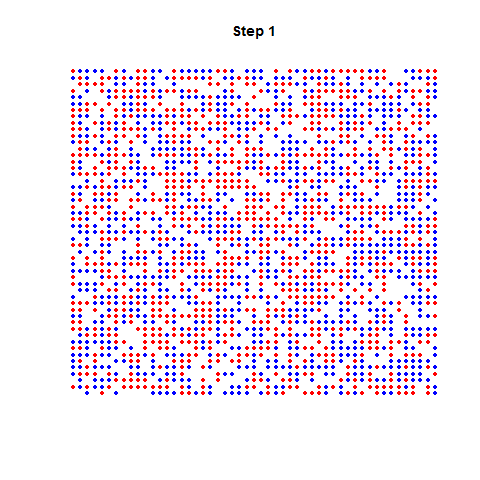
shareable, transparent simulation models as ways of thinking critically about systems
SimCity's value systems
Police stations direct correlation to decrease in crime
To succeed even within the game’s fairly broad definition of success (building a habitable city), you must enact certain government policies. An increase in the number of police stations, for instance, always correlates to a decrease in criminal activity; the game’s code directly relates crime to land value, population density, and police stations. Adding police stations isn’t optional, it’s the law. - Les Simerables, Ava Kofman
Incentivizing capitalistic decisions
- Urbanists competing in an urban design competition using the 2013 version of SimCity realized that the game encouraged them to “make short-sighted decisions” as it made capitalistic and positive feedback loops addictive, while trivializing “the importance of certain public policies (e.g. investing in education, renewable energy, and pedestrianism).”
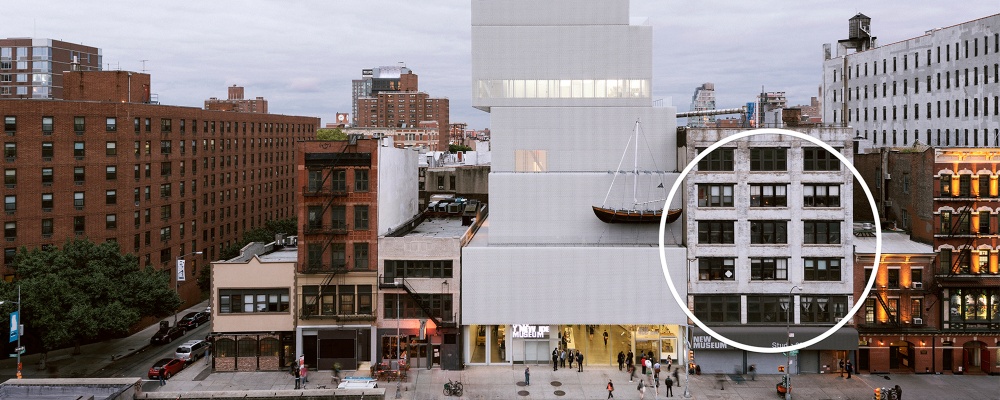
NEW INC Research Residency
current state of simulation tools:
- proprietary
- expensive
- technically-oriented
- non-narrative
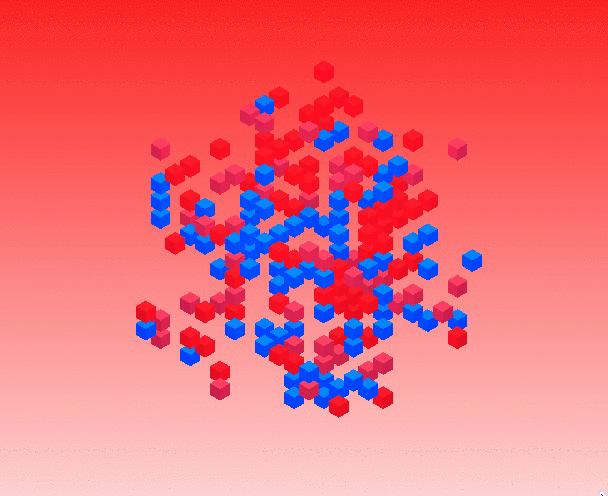
System Designer
An open-source simulation toolkit and conceptual framework to make complex systems thinking (how did we get here?) and the simulation of alternative worlds (where can we go?) more accessible to designers, activists, urban planners, and technologists.
- open-source toolkit
- community and collaborations
- frameworks
- Default examples
- Modularity
- Multiscale/varying level-of-detail
- Tracing & Logging
- Publishing
- Module Marketplace
create works where the subject is not an artifact or an individual but the system itself
policy modeling
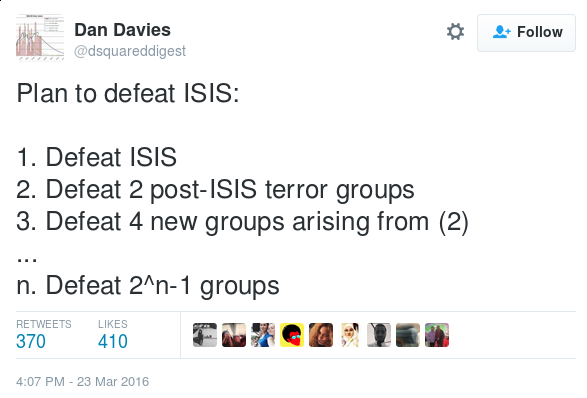
RIP 3 million bees, South Carolina

...whether we focus our lens on the forests or students of Brazil or the world writ large, we cannot help but see the inherent complexity. We see diverse, purposeful connecting people constructing lives, interacting with institutions, and responding to rules, constraints, and incentives created by policies....complex systems are difficult to describe, explain, and predict, so we cannot expect ideal policies. But we can hope to improve, to do better. (p. 14)
Modeling Complex Systems for Public Policies (Bernardo Alves Furtado, Patrícia A. M. Sakowski e Marina H. Tóvolli, emphasis ours)
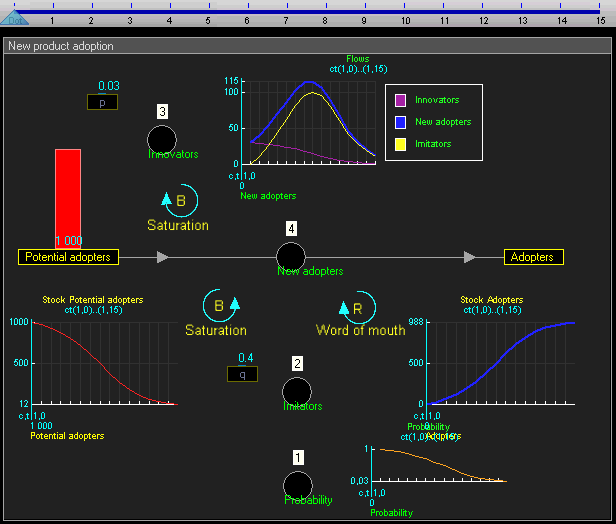

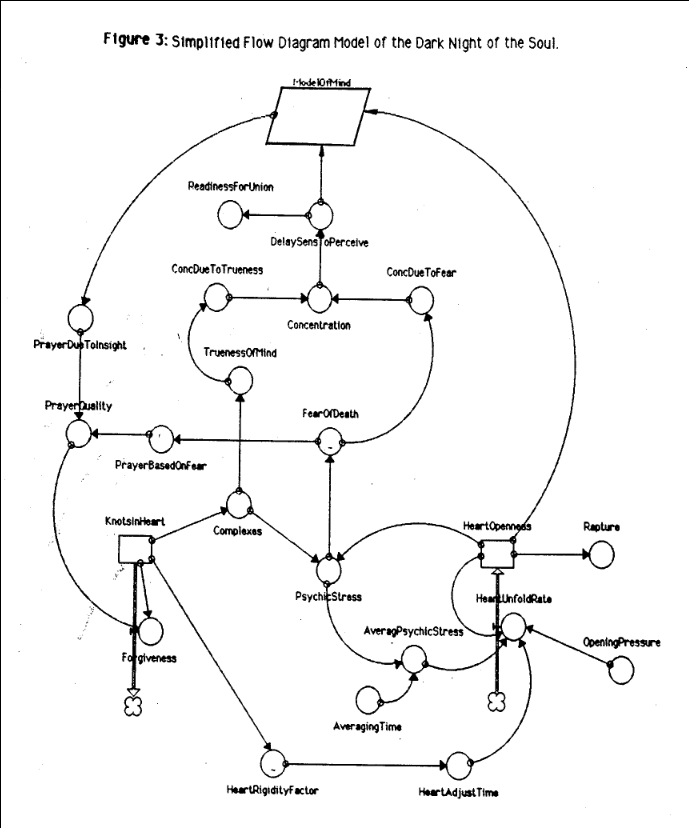
"We shape our images of the future, and meanwhile they shape us" (Stuart Candy)
"another world is possible"
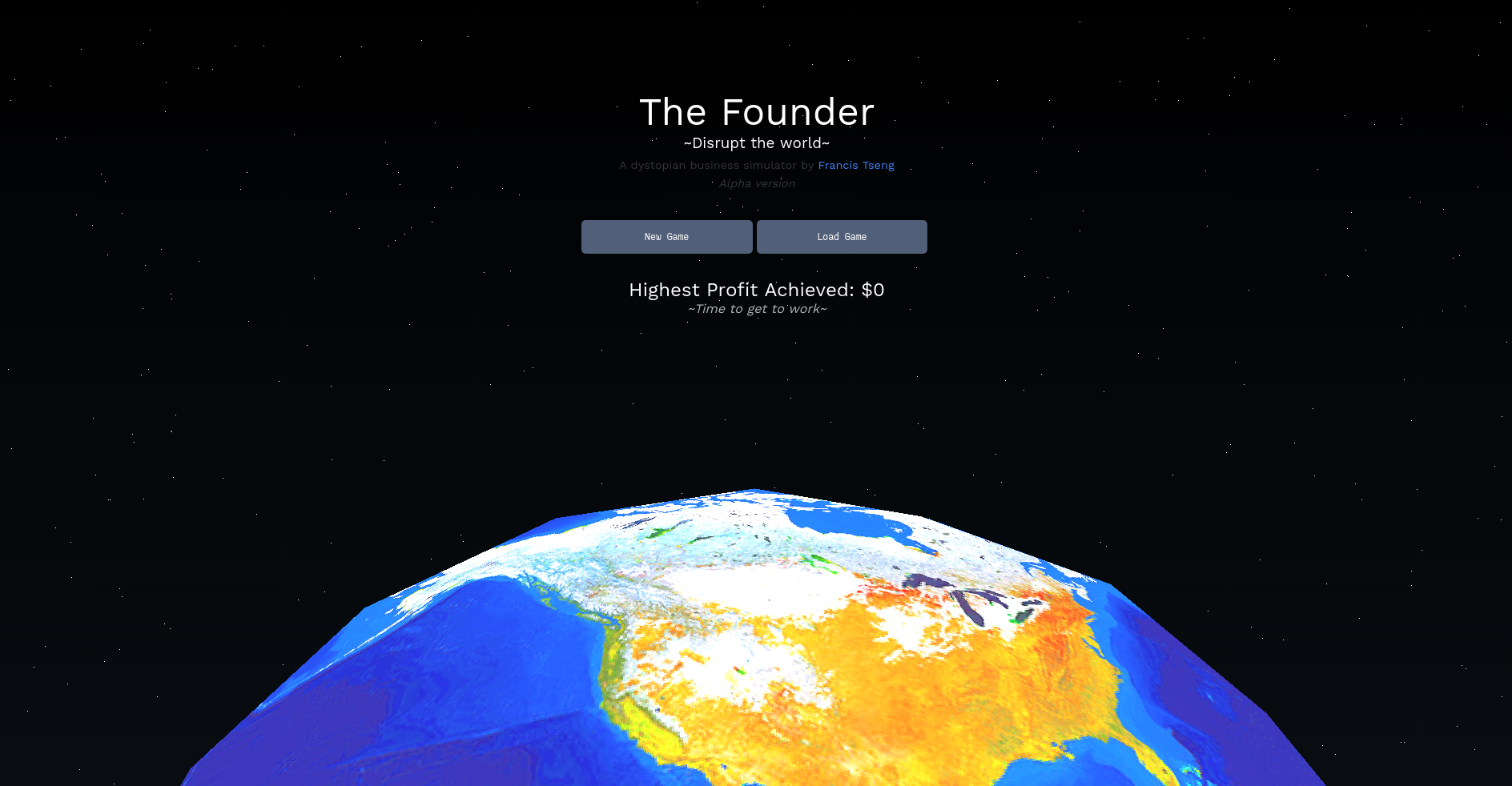
The Founder: A Dystopian Business Simulator (Francis Tseng)